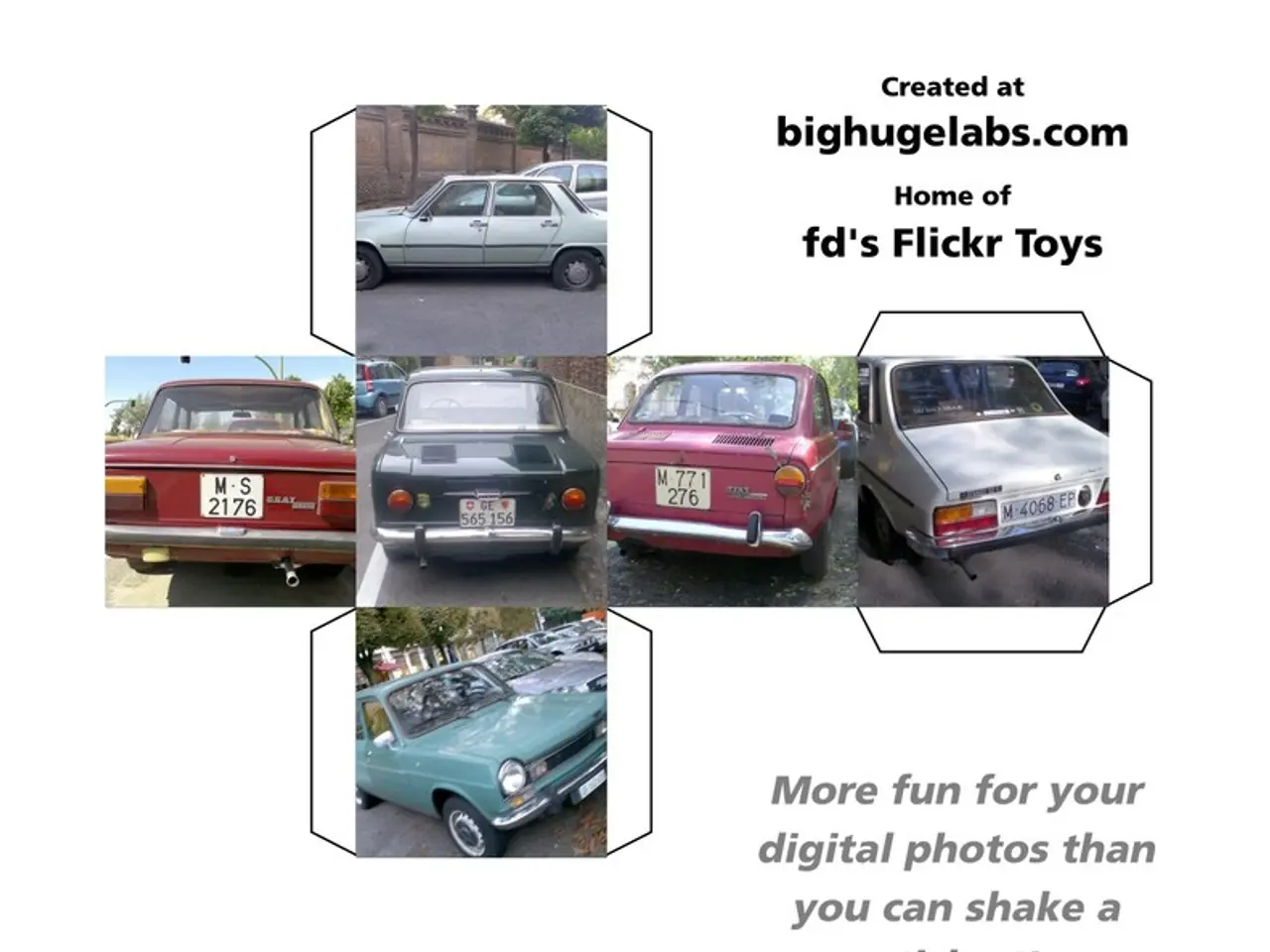Car Extended Warranty Details: What You Need to Understand
When it comes to owning a car, unexpected repairs can be costly. This is where extended warranties come in, offering protection beyond the manufacturer's warranty. In this article, we'll explore the benefits and drawbacks of extended warranties, compare them with alternatives like Mechanical Breakdown Insurance (MBI) and emergency funds, and help you decide if an extended warranty is right for you.
The Advantages of Extended Warranties
Extended warranties provide coverage for repairs on mechanical failures beyond the factory warranty. They can be particularly useful if you plan to keep your vehicle long-term, or if it's prone to reliability issues. Here are some other advantages:
- Coverage beyond factory warranty: Extended warranties offer protection against costly repairs after the original warranty expires.
- Potential resale value increase: A well-maintained car with an extended warranty can potentially have a higher resale value, as it reassures buyers about the remaining coverage.
- Predictable repair costs: With an extended warranty, you can have some financial protection against expensive repairs, making budgeting easier.
- Financial protection for those with limited savings: If you lack emergency savings set aside for car issues, an extended warranty can provide a safety net.
The Disadvantages of Extended Warranties
Despite their advantages, extended warranties also have some drawbacks:
- High upfront cost: Extended warranties can be expensive, with costs ranging from $1,200 to over $2,500.
- Deductibles: Many plans require deductibles, which can range from $50 to several hundred dollars per repair visit.
- Claim processes: Claim processes for extended warranties can be cumbersome, requiring pre-authorizations and sometimes paying upfront then seeking reimbursement.
- Coverage exclusions: Extended warranties rarely cover everything, and may exclude issues caused by neglect or damage.
- Limited usefulness for certain situations: If you plan to sell the car quickly or the vehicle is very reliable (e.g., Honda, Toyota), an extended warranty may not be worthwhile.
Comparing Extended Warranties with Alternatives
Here's a comparison table to help you understand the differences between extended warranties, Mechanical Breakdown Insurance (MBI), and emergency funds:
| Feature | Extended Warranty | Mechanical Breakdown Insurance (MBI) | Emergency Fund | |-------------------------|---------------------------------------------------|------------------------------------------------------|---------------------------------------------| | Coverage | Factory defect repairs after original warranty expires | Sudden mechanical and electrical breakdowns only | Unrestricted, covers any repair or expense | | Cost | $1,200 to $4,000+ plus deductibles | $40–$95 annually plus deductibles | Variable; depends on your savings | | Eligibility | Usually after factory warranty ends, often older cars | Typically only for newer cars (less than 2 years old) | Available anytime | | Claim process | Often requires pre-authorization, approved shops | More flexible: any licensed repair shop or network | Self-managed, instant use | | Benefit | Extended protection and reassurance for costly repairs | Lower cost for early mechanical protection | Maximum flexibility and control | | Downsides | Expensive, sometimes complex claims, possible coverage gaps | Limited to sudden breakdowns, often not for older cars | Requires discipline to save adequate funds |
Making the Right Choice
Choosing between an extended warranty, Mechanical Breakdown Insurance (MBI), or an emergency fund depends on your car's reliability, age, your financial risk tolerance, and whether you prefer predictable costs or financial flexibility.
- Buy an extended warranty if you plan to keep an older or less reliable vehicle long-term, want predictable repair costs, and lack emergency savings.
- Consider Mechanical Breakdown Insurance if your car is relatively new (under 2 years), and you want insurance protection at a lower cost.
- Rely on an emergency fund if you prefer paying repairs as they come and have financial reserves, avoiding insurance fees and complexities.
In conclusion, extended warranties offer extended coverage beyond the manufacturer's warranty, providing peace of mind against costly repairs after the original warranty expires. However, they come with a high upfront cost, deductibles, and potential coverage gaps. Mechanical Breakdown Insurance is cheaper and covers sudden mechanical failures for newer vehicles, but may not be available for older cars and might have more limited coverage compared to extended warranties. An emergency fund means no insurance costs but requires you to have saved a sufficient amount in advance and manage repairs out-of-pocket. Choosing among these depends on your car's reliability, age, your financial risk tolerance, and whether you prefer predictable costs or financial flexibility.




